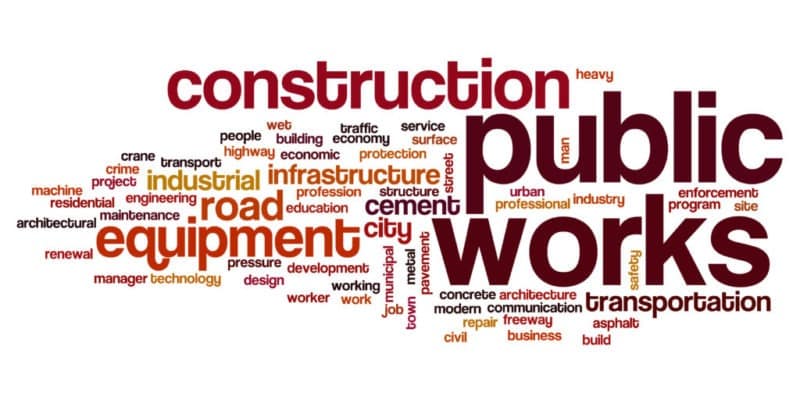TABLE OF EXPERTS
Aug 29, 2017
The Wisconsin Legislature is considering a full repeal of the prevailing wage statute, which sets construction wages for public projects. Proponents say it will save taxpayers money, but will it? And what are the potential negative impacts of a repeal? The Milwaukee Business Journal recently assembled a panel of experts representing the building trades to explore the issue.
STEVE BROAS (MODERATOR): THERE HAS BEEN A LOT OF DISCUSSION ABOUT THE PREVAILING WAGE. WHAT EXACTLY IS IT, AND WHY WAS IT STARTED?
DAN BUKIEWICZ: That’s a great way to start this conversation, because you really have to go back to the beginning to understand what prevailing wage is all about. It started during the Great Depression. Communities were seeing a lot of transient workers coming into their communities to do work, and they wanted to protect their own local economy and workers. So, prevailing wage was started first and foremost to protect local workers. It established a rate at what it cost to do business and live in that area.
DALE POWELEIT: It started in New York originally. An Alabama company came up and starting undercutting local contractors on construction projects. The people in the community said that was not fair to the area workers, and they decided to go to the federal government, which passed the Davis Bacon Act in 1931. Wisconsin passed its law three or four years after that and other states followed suit.
JEFF MEHRHOFF: The Wisconsin legislation was modeled after the Davis Bacon Act and sets standard local wages. It is not a statewide standard. It is based on the average of construction wages in that area. Milwaukee’s standard wage is different than Madison and different than Appleton.
MODERATOR: HOW DOES IT IMPACT PUBLIC AND PRIVATE PROJECTS?
BUKIEWICZ: Usually, prevailing wage applies only if tax dollars are attached. In Wisconsin, it includes state projects and projects for the University of Wisconsin system. It does not apply to private projects, but there are responsible contractors who pay prevailing wages on private projects, because they want to do the right thing. But that is strictly their call.
(Read More)

